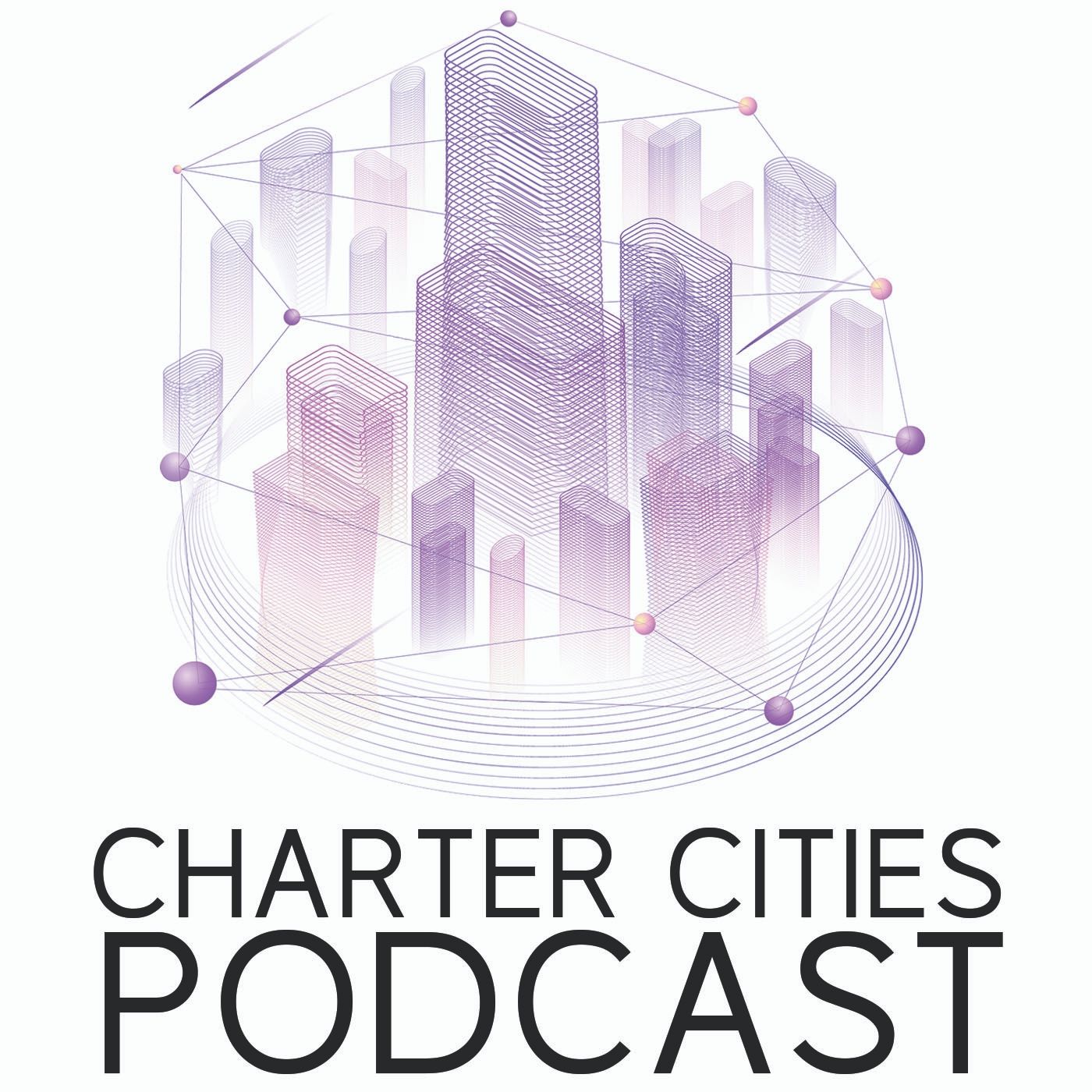Market Urbanism with Scott Beyer

Joining us in conversation today is Scott Beyer, the Founder and CEO of the Market Urbanism Report, a media company dedicated to advancing the free market’s classically liberal approach to urban issues. Tune in to hear Scott’s definition of market urbanism and how it relates to the traditional free market. He describes how his audience varies drastically from a partisan and ideological perspective and tells us why this happens, before highlighting cities across the world that embody aspects of his vision for market urbanism and talking about how private cities around the world implement liberalization. We touch on how market urbanism’s approach to zoning differs from the Euclidean model, speak about MTRs, and delve into the history of transportation with a focus on the railway. Scott points us toward an article he penned with the hypothesis that introducing open access competition can serve to benefit inner city rail, before getting into other areas of infrastructure and why smaller governments often get it right. You’ll also hear about construction, quasi-public housing, and Scott’s predictions for how crypto will impact how cities are run. Join us to hear all this and more today!
Key Points From This Episode:
• An introduction to today’s guest, Scott Beyer.
• What market urbanism is and what the Market Urbanism Report involves.
• The relationship between the market urbanist and the traditional free market communities.
• How Scott’s audience varies drastically from a partisan and ideological perspective.
• Why this happens: people who like the urbanism aspect tend to be on the left, and then the people who like the market aspect tend to be on the right.
• His opinion that no city in the US perfectly embodies market urbanism.
• Free market oriented transit in Mexico City: Peseros or Jitneys.
• The incentive that the Singaporean government has put in place to build housing.
• How private cities around the world implement liberalization, for example, Gurgaon, India.
• How market urbanism zoning differs from the kind of zoning we have now.
• The differentiation that the Euclidean model necessitates in comparison to the market urbanism model.
• Shoup-piling and how Scott would go about this as someone who writes for the public.
• MTRs relationship with zoning regulations.
• The history of transportation and how the railway began to really struggle.
• “Open Access” Competition Can Improve Intercity Rail, the article he recently co-authored.
• His views on what is possible in terms of creating open access competition for intercity rail.
• How the private sector creates a barrier to entry in terms of infrastructure.
• Why the smaller government spend on infrastructure is usually wiser than the federal government.
• What cross laminated timber is and how it is useful for the future of construction.
• Why he isn’t completely opposed to the idea of public or quasi-public housing.
• His predictions for the impact of cryptocurrency on how cities are operated in the future.
• What Municipal Utility Districts are and how they impact housing and urban development.
• Scott weighs in on what needs to be in place within a state for market urbanism to take off.
• The world tour he is doing for research...